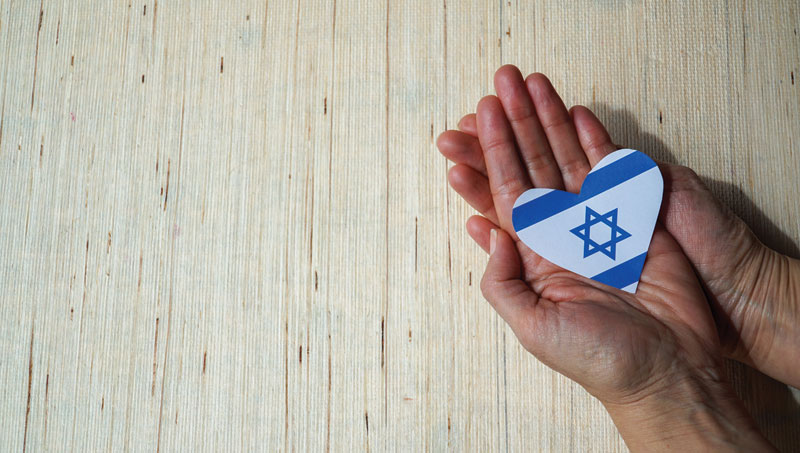There are very few people I know who have an unambiguous
perspective on this war. I think we are quite unanimous in our belief that
Saddam Hussein is a bad guy who should go — for the sake of his own
people and all the people in the Middle East.
As a stand-alone goal, the removal of Saddam, even killing
him, is morally justified. From the Jewish point of view, he is a rodef, a
pursuer.
He has, on more than one occasion, brutally killed large
groups of people and is a threat to repeat such offenses. We are commanded to
preemptively kill a rodef before he can kill us.
What complicates the matter of Saddam as rodef is that in
order to accomplish this moral goal, we may have to sacrifice the lives of
many, and we may end up killing as many as the rodef did. That then begs the
question: Would that make us a rodef in the eyes of others? Hence the
ambiguity.
There is another facet of this war, however, that gives a
Jew pause. What will be the war’s impact on Israel?
There are those who suggest that if Saddam is removed, a
major source of support for terror against Israel will be eliminated, a major
destabilizing factor in the Middle East will be neutralized and the
Palestinians will be better able to deal with the radicals in their midst and
in a better position to negotiate with Israel. Some also suggest that if Iraq
can be democratized, it will be a giant first step toward the democratization
of the whole region, and this can only work to Israel’s benefit.
This is what has me worried. I have read commentaries on
both sides of this issue, and I come up with the conclusion that the optimists
in this case are being naïve and are assuming too much with regard to how
ready the Middle East is for democracy.
I also think that if the United States remains in Iraq for a
protracted period, whether it is to wage war or to clean up after the war and
make the country ready for democracy, it will stoke the fires of Arab
anticolonialism, energize the radical Islamists, who constitute the principle
terror groups — Al Qaeda, the ayalollahs, Hamas, Islamic Jihad and Hezbollah —
and heighten, rather than reduce, the level of tension and terror in the Middle
East and around the world.
It will push the Wahabis in Saudi Arabia even further toward
extremism, weaken the regimes of Jordan and Egypt, which are struggling with
the extremists in their lands, and, in the end, put Israel at even greater
risk. And the United States, branded by the Arab world as the colonizer in
their midst, would lose its capacity to be a broker for peace in the region and
would be of no help to Israel as sympathetic friend.
Indeed, the United States might feel the need to assume a
more pro-Arab stance in order to restore its status in the Arab world, and,
discredited in the eyes of Europe because of the chaos that emerges from its
presence in Iraq, the United States would also lose its ability to serve as a
moderating force against European pro-Arabism.
The military might of the United States cannot, by itself,
guarantee any results. The days when Arabs run away at the sound of the
Davidka, as they did in the Israel War of Independence, are over. As we have
seen, the opposite is the case: the radicals glory in attacking the giant and
powerful Satan, because they believe Allah is on their side.
The United States is big enough and strong enough to absorb
such a loss of face. After a while, the world will recognize that it needs us,
and things will be OK.
Israel is not big and strong, and if I am right, then the
destabilization in the Middle East that a prolonged American presence in Iraq
could generate will actually endanger Israel. I am afraid of this outcome, and
because of this, I hope America can find a way to get out of Iraq as quickly as
possible and let someone else assume the responsibility for democratizing the
Middle East. It is a noble goal, but I do not believe that we are the ones to
do it.
Joel Rembaum is senior rabbi at Temple Beth Am in Los Angeles. This essay is an abridged version of his sermon delivered March 22.






















 More news and opinions than at a Shabbat dinner, right in your inbox.
More news and opinions than at a Shabbat dinner, right in your inbox.